He admitted to signing letters of congratulation to police officers later accused of executions and using words such as “eliminate” to encourage action against political activists, but insisted he had no knowledge of the details of these operations and never ordered them to kill anyone.
He said he only gave vague guidelines, such as, “You must do something,” which they took as a licence to commit atrocities. But in 2009 he washed the feet of 13 former police officers to apologise for leading them on to “the wrong path”.
Vlakplaas death squad commander Eugene de Kock was not having any of it when Vlok came to see him in jail, hoping he had assuaged his conscience. According to Vlok’s own account, he cried out: “Eugene, did I ever tell you to kill somebody?”
“No”, De Kock replied. “But you gave me a medal when I killed them.”
Vlok was born in the Northern Cape town of Sutherland on December 11 1937 and grew up on a smallholding on the Orange River. He dreamed of going into law and becoming a judge, but after he matriculated at Keimoes High School in 1956 his parents could not afford to finance his legal studies.
He got a job in the magistrate’s office in Upington. From 1959 to 1966 he worked in Pretoria as a filing clerk in the department of justice while studying for an attorney’s diploma at the University of Pretoria, which he received in 1962. He loved the discipline and order of filing and said later that he saw apartheid as “just a grand social filing system” where every group of people “had their place”.
He did his job well and eventually became assistant private secretary to then prime minister John Vorster. In 1974 he was elected MP for Verwoerdburg. Ten years later he was appointed deputy defence minister and in 1985 deputy minister of law and order, where he was responsible for the suppression and detention of about 30,000 people during the states of emergency.
Cry Freedom bombings
In 1987 he ordered the bombing of theatres showing Cry Freedom, the movie about black consciousness leader Steve Biko, assassinated by the police 10 years before.
In February 1988 he banned 17 extraparliamentary anti-apartheid organisations, including the United Democratic Front, the National Education Crisis Committee, the Release Mandela Campaign and the Soweto Civic Association.
The closest he came to apologising to Gunn for framing her for the Khotso House bombing and throwing her and her baby boy Haroon into jail was at the TRC amnesty hearing which she attended in Pretoria. He stared at the commissioners in front of her and said he was “sorry for what happened to Shirley and Haroon”.
After the great public success of his Chikane feet-washing exercise he flew to Cape Town to wash Gunn’s feet in front of a packed audience, but she said she had to wait until he had washed the feet of everybody else in the country whose lives he had destroyed.
He did not say anything, just looked stunned. And he never apologised to her.
He is survived by his wife Antoinette and three children.
TimesLIVE

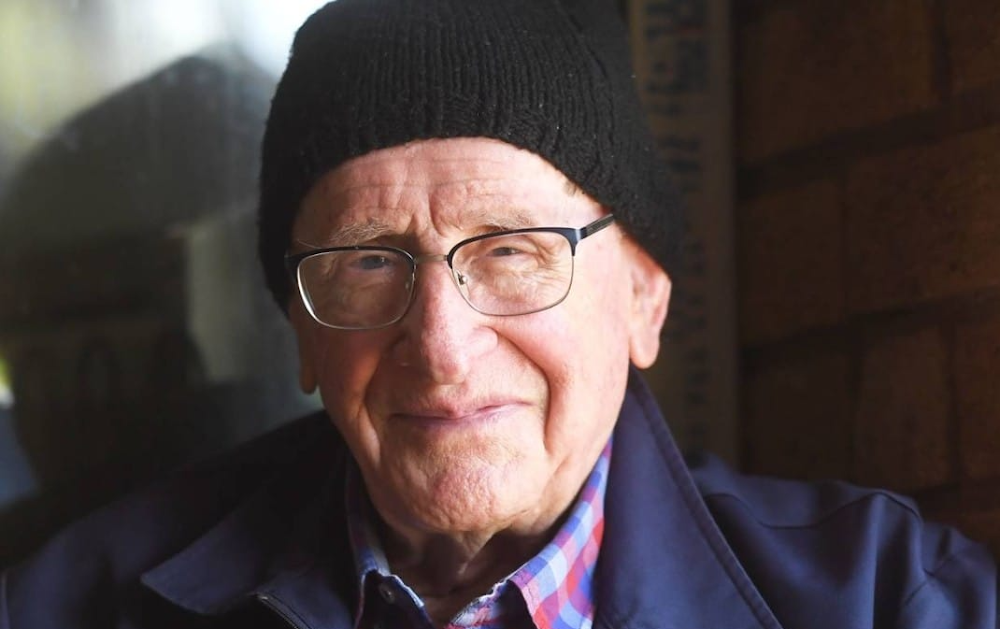
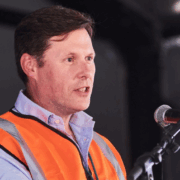
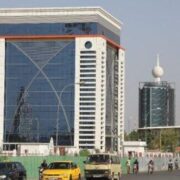
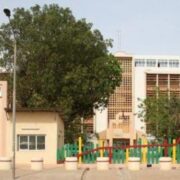
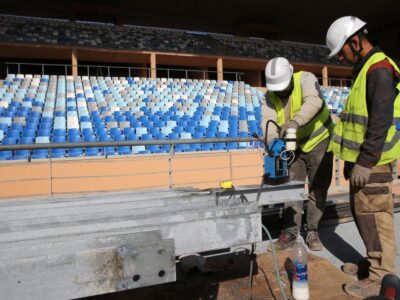


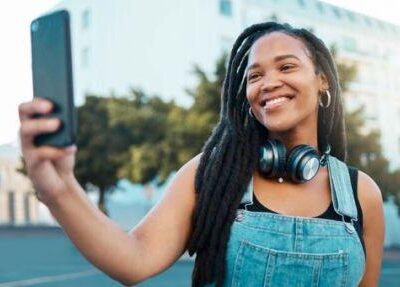

Comments